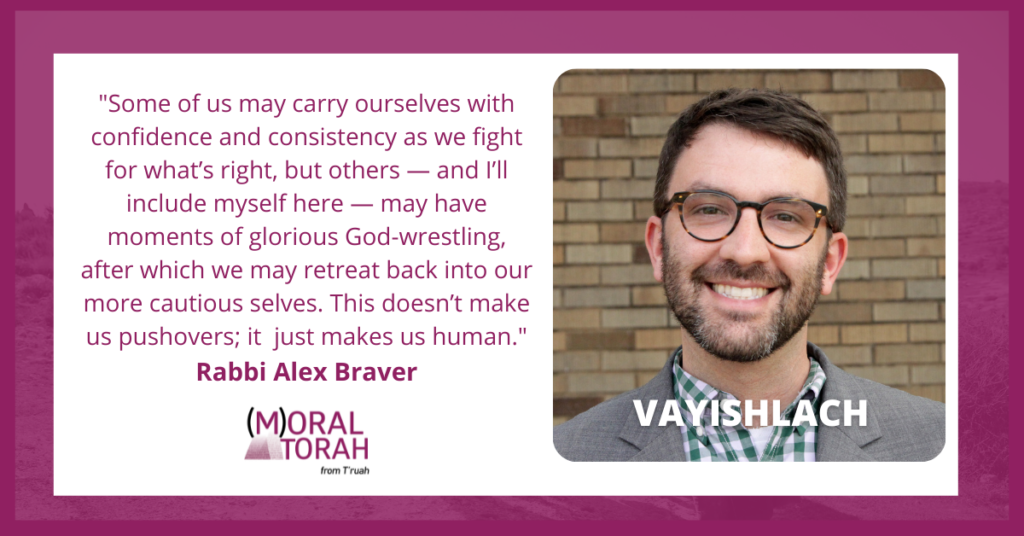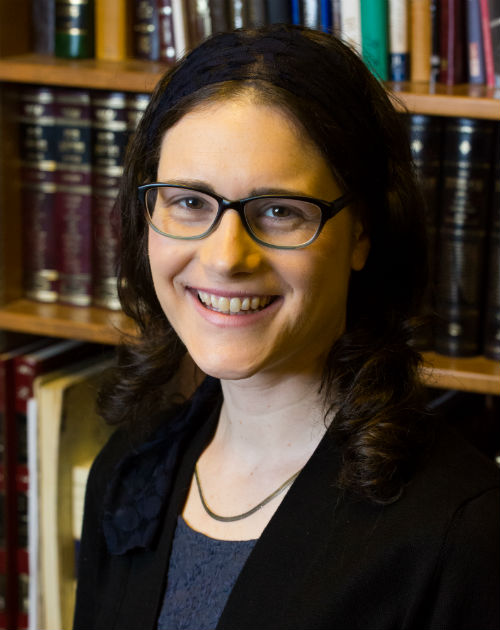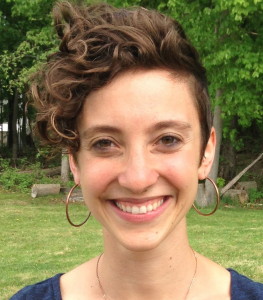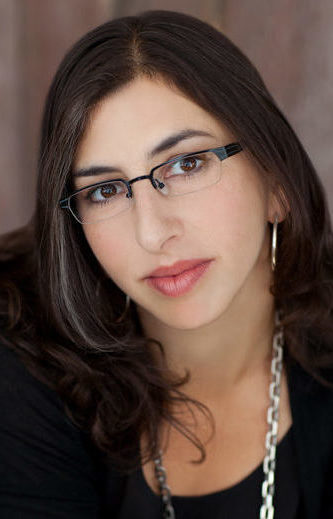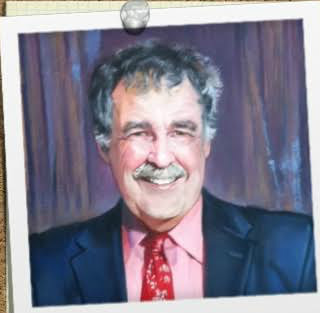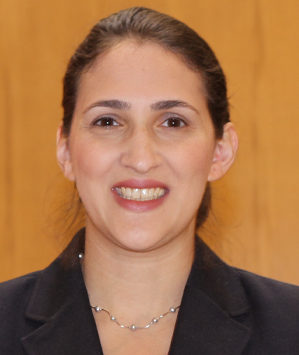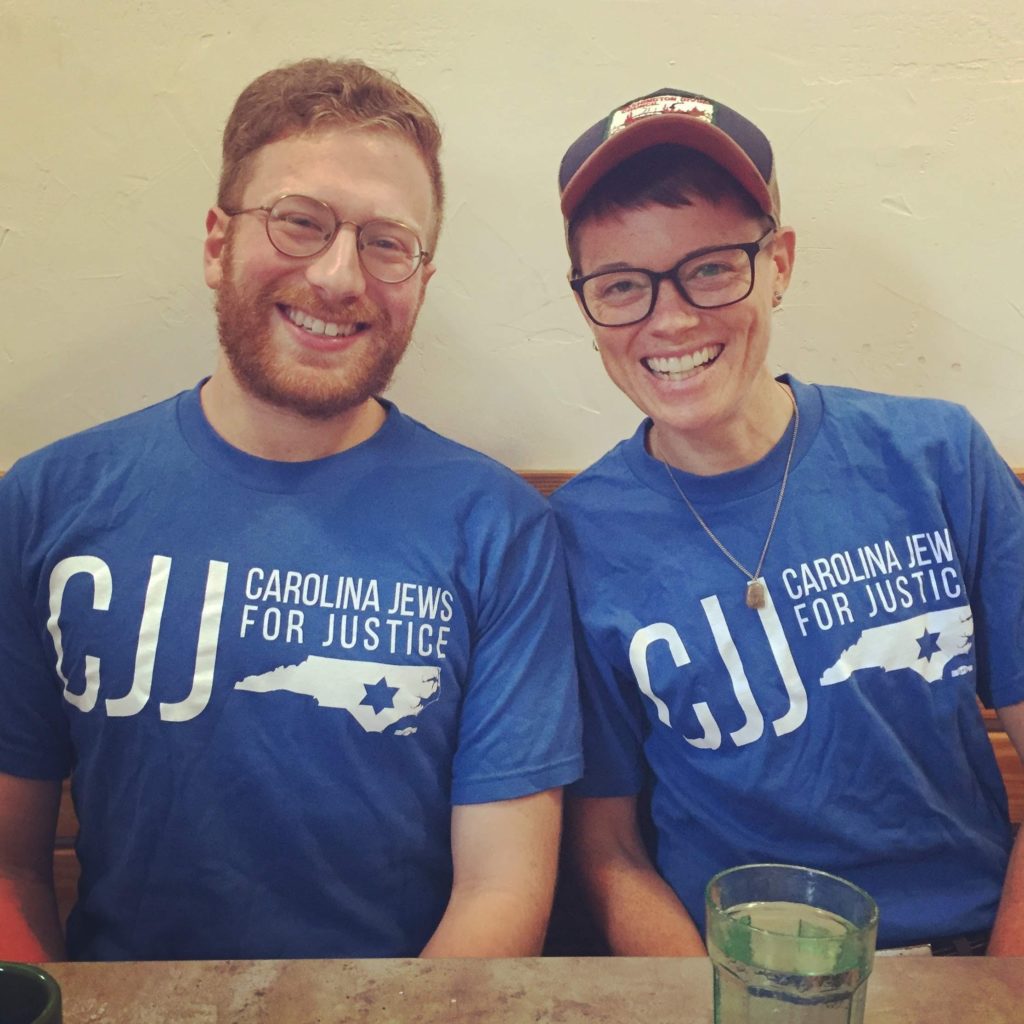
“We Were All Once Strangers”: Emor and Inclusivity
A d’var Torah for Emor from community organizer Cole Parke. Coming out is a defining experience for most every queer person I know. This month marks 15 years since I first shared that part of myself publicly, and these days it’s a deeply integrated part of my identity — something that is far from secret,...
read more


